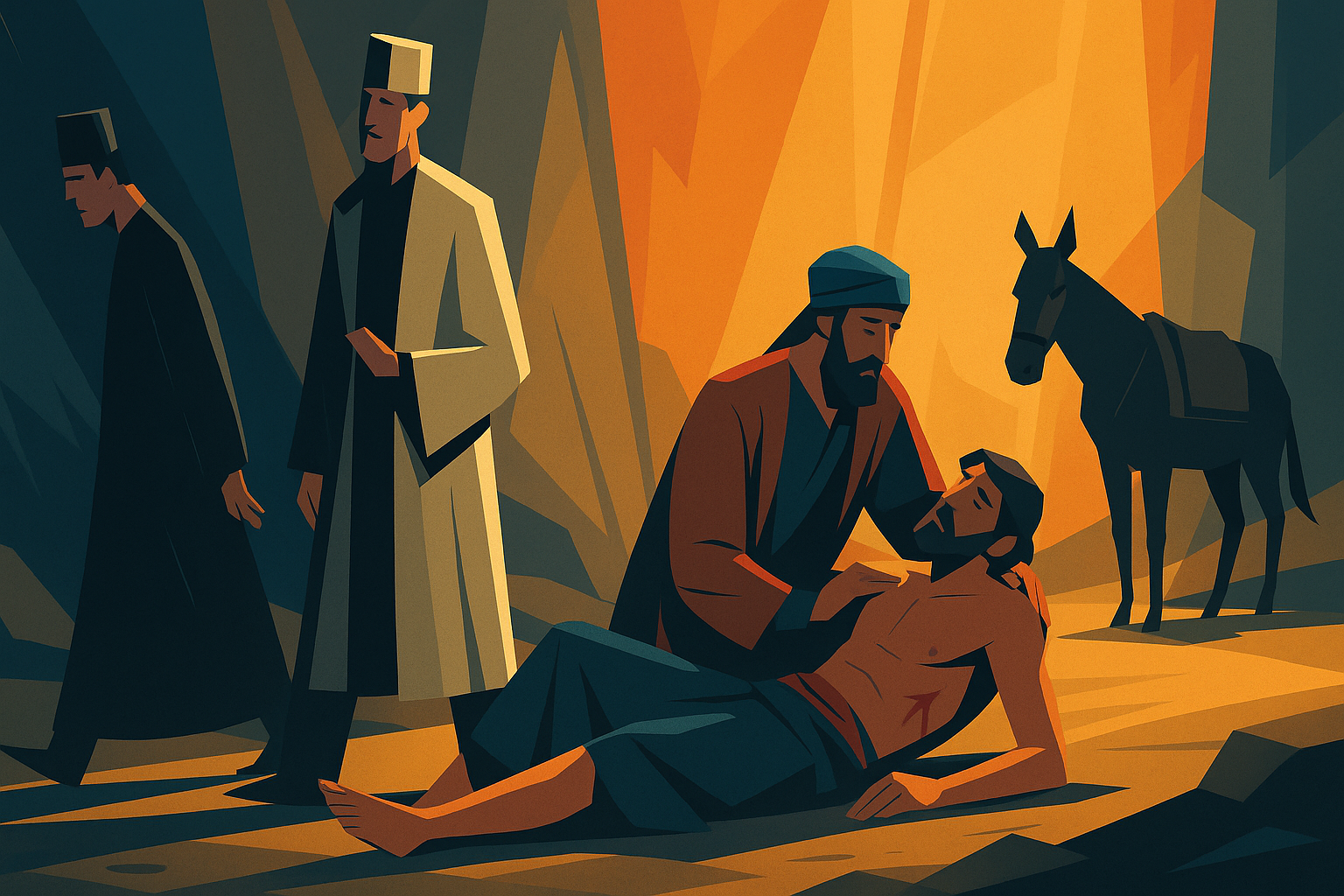It’s one of the oldest questions in human history—yet perhaps one of the most urgent in our moment: “What is truth?”
That question, asked by Pontius Pilate in John 18:38, wasn’t a sincere inquiry. It was dismissive. Cynical. He wasn’t waiting for an answer—he walked away. And in that moment, he didn’t just reject an idea; he turned his back on Truth incarnate—Jesus Christ standing before him.
Two thousand years later, the world hasn’t changed much. Truth is still on trial.
We Don’t Deny Truth—We Redefine It
We live in a culture that affirms “live your truth” but scoffs at the idea of “the truth.” It’s a generation curating realities more than it’s confronting them. We don’t search for truth anymore—we scroll past it. We don’t debate truth—we deconstruct it.
What once stood as objective, universal, and absolute is now treated as emotional, personal, and optional. From TikTok therapy to political propaganda, from pseudo-spirituality to denial of biological reality, truth isn’t absent—it’s buried under a thousand opinions.
The Crisis Isn’t Information—It’s Authority
We’re not suffering from a lack of voices. We’re drowning in them. But very few of those voices speak with authority. Everyone has a microphone, but not everyone has a foundation. That’s why the Church must rise—not just to be louder, but to be clearer.
Because when truth is treated like a preference, chaos follows.
Truth Has a Name
Truth isn’t a concept. It’s a person.
Jesus didn’t just teach truth—He embodied it. He said, “I am the way, the truth, and the life” (John 14:6). In a world that weaponizes opinion and worships consensus, Jesus offers something unchanging, unwavering, and eternal. Truth that doesn’t evolve with trends. Truth that stands outside of us and calls us to align with it—not the other way around.
Truth, rightly understood, is:
- Objective — It doesn’t care about your feelings.
- Universal — It transcends culture and context.
- Absolute — It doesn’t bend to opinion.
- Eternal — It doesn’t expire.
- Liberating — It doesn’t shame; it sets free (John 8:32).
The Bible: Our Anchor in the Storm
The question isn’t just what is true? It’s where do we find it?
God’s Word isn’t just ancient literature—it’s the living, inerrant revelation of God’s nature and will. Written across 1,500 years by over 40 authors, Scripture speaks with one voice across all generations. Its prophetic precision, historical reliability, and personal impact have withstood every assault—outlasting emperors, regimes, critics, and trends.
Voltaire once predicted the Bible would vanish within a century. Ironically, his home became a Bible printing press.
The Word still stands.
The Church: Pillar and Foundation of Truth
1 Timothy 3:15 calls the Church the “pillar and foundation of the truth.” Not TikTok. Not universities. Not Hollywood. Not hashtags.
The Church’s role is not to echo confusion or retreat in fear—but to disciple a generation in clarity. That doesn’t mean becoming combative. Truth without love is brutality. But love without truth? That’s cowardice.
We need a new kind of Christian witness—gentle with hearts, ruthless with lies.
- Not Combative Clarity that wins arguments but loses people.
- Not Passive Compassion that affirms pain but offers no healing.
- Not Confused Silence that avoids the cost of conviction.
But bold, loving clarity.
Truth That Restores, Not Just Rebukes
Jesus didn’t separate truth from love. He looked at the woman caught in adultery and said, “Neither do I condemn you…now go and sin no more.” He didn’t just comfort; He called her higher. That’s our call too. To speak truth that convicts, but also heals. To offer clarity that doesn’t crush—but redeems.
Because the world isn’t confused from a lack of passion—it’s confused from a lack of direction.
Let’s be the people who offer it.
.png)





.svg)
